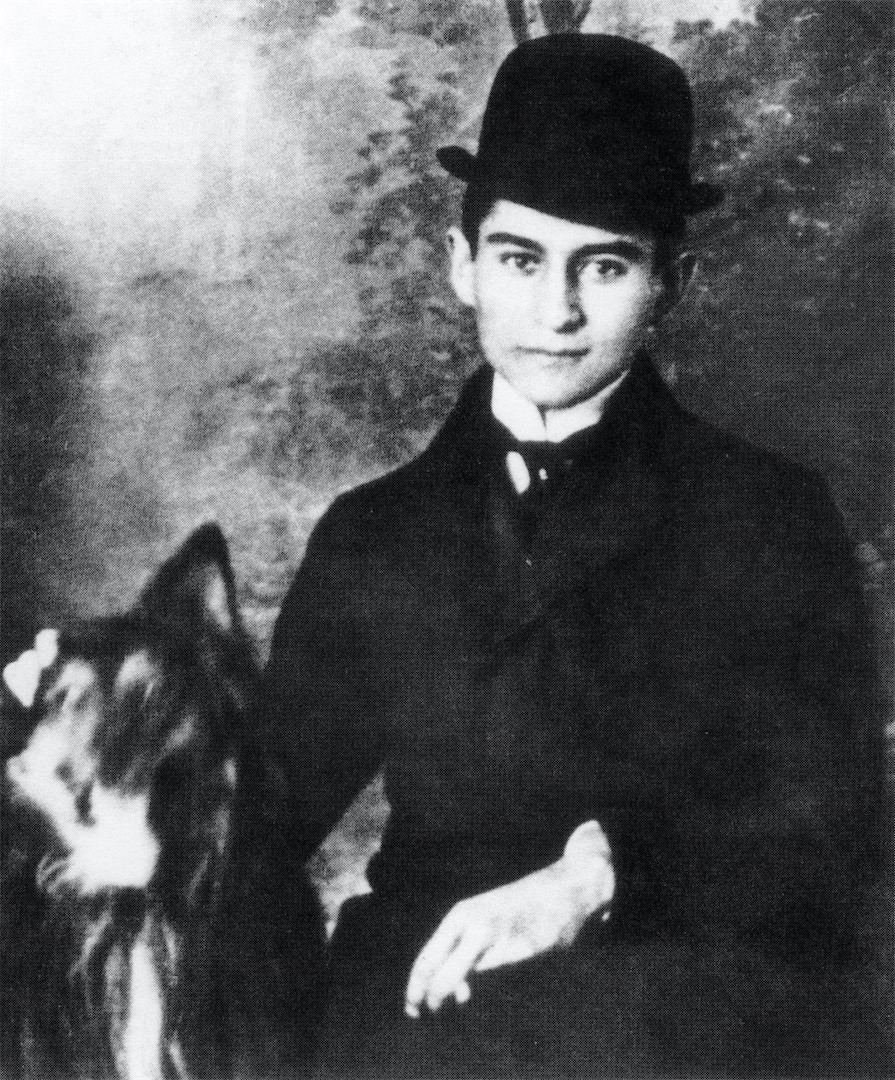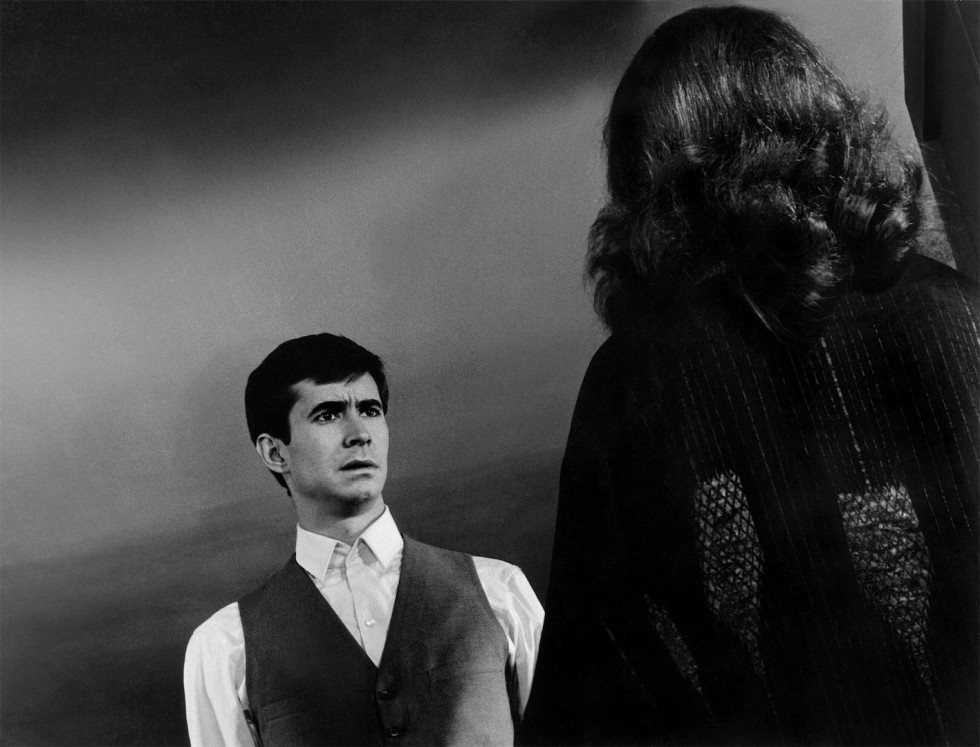
April 23, 2024, 17:46


In the unique retrospective “The Wish to Be a Red Indian: Kafka and Cinema,” the festival will present cinematic adaptations of works by influential and perhaps most mysterious figure of 20th-century literature. This year on 3 June it will have been a hundred years that Kafka died of tuberculosis at a sanatorium in Kierling, Austria.
The title of the retrospective comes from one of Kafka’s short stories, at the core of which are the themes of movement and transformation – ideas that define cinema as well. On the program are works by filmmakers such as Orson Welles, Martin Scorsese, Ousmane Sembène, Jan Němec, and Steven Soderbergh.
“Kafka is one of those authors whose oeuvre has inspired filmmakers for decades,” says KVIFF’s artistic director Karel Och, who collaborated on the retrospective with the festival’s foreign consultant Lorenzo Esposito. Continuing, Och adds: “It’s as if he were slyly challenging us to try to capture, as originally and intensely as possible, the elusive nature of his writings, his stories, the realities he has crafted, and the feelings of apprehension he elicits, but also the comic situations he has created.”
Heading the program is an original double feature of films by Steven Soderbergh, proposed to the festival by the filmmaker himself. In 1991 he shot the noir mystery Kafka, and thirty years later he radically re-edited his original material to come up with an entirely new version, Mr. Kneff (2021), that he calls “a silent movie with sound and music.” Other films in the retrospective include perhaps the most talked-about adaptation of Kafka, director Orson Welles’s The Trial (1962); Martin Scorsese’s unjustly overlooked After Hours (1985); and Artist of Fasting (2016), an adaptation of Kafka’s short story “A Hunger Artist” by the enfant terrible of Japanese cinema, Masao Adachi. Czech film is represented by the experimental and iconic Metamorphosis (1975), which Jan Němec shot while in exile in West Germany; Vladimír Michálek’s Amerika (1994), a postmodern adaptation of Kafka’s unfinished first novel that stands out for its unique visuals; and Joseph Kilian (1964) by directors Pavel Juráček and Jan Schmidt. An example of the Czechoslovak New Wave, this latter film may not be a direct adaptation of Kafka’s work, but it is definitely Kafkaesque.
List of films (work in progress)
The Trial (dir. Orson Welles, France/Italy/West Germany 1962, 116 min.)
Joseph Kilian (Postava k podpírání, dir. Pavel Juráček, Czechoslovakia 1963, 38 min.)
The Money Order (Mandabi, dir. Ousmane Sembene, Senegal/France 1968, 105 min.)
The Castle (Das Schloß, dir. Rudolf Noelte, West Germany 1968, 88 min.)
The Audience (L’Udienza, dir. Marco Ferreri, Italy/France 1971, 112 min.)
Metamorphosis (Die Verwandlung, dir. Jan Němec, West Germany 1975, 55 min.)
The Tenant (Le Locataire, dir. Roman Polanski, France 1976, 126 min.)
After Hours (dir. Martin Scorsese, USA 1985, 97 min.)
Fellini’s Intervista (Intervista, dir. Federico Fellini, Italy 1987, 105 min.)
Tetsuo (dir. Shin'ya Tsukamoto, Japan 1989, 67 min.)
Kafka (dir. Steven Soderbergh, USA/France 1991, 98 min.)
Kafka (dir. Zbigniew Rybczyński, France 1992, 52 min.)
Amerika (dir. Vladimir Michálek, Czech Republic 1994, 90 min.)
Franz Kafka’s a Country Doctor (Kafka Inaka Isha, dir. Koji Yamamura, Japan 2007, 21 min.)
Artist of Fasting (Danjiki geinin, dir. Masao Adachi, Japonsko 2016, 104 min.)
Mr. Kneff (dir. Steven Soderbergh, USA 2021, 78 min.)
The Tomb of Kafka (Le Tombeau de Kafka, dir. Jean-Claude Rousseau, France 2022, 14 min.)
First-hand brews throughout the year.
Be among the first to learn about upcoming events and other news. We only send the newsletter when we have something to say.